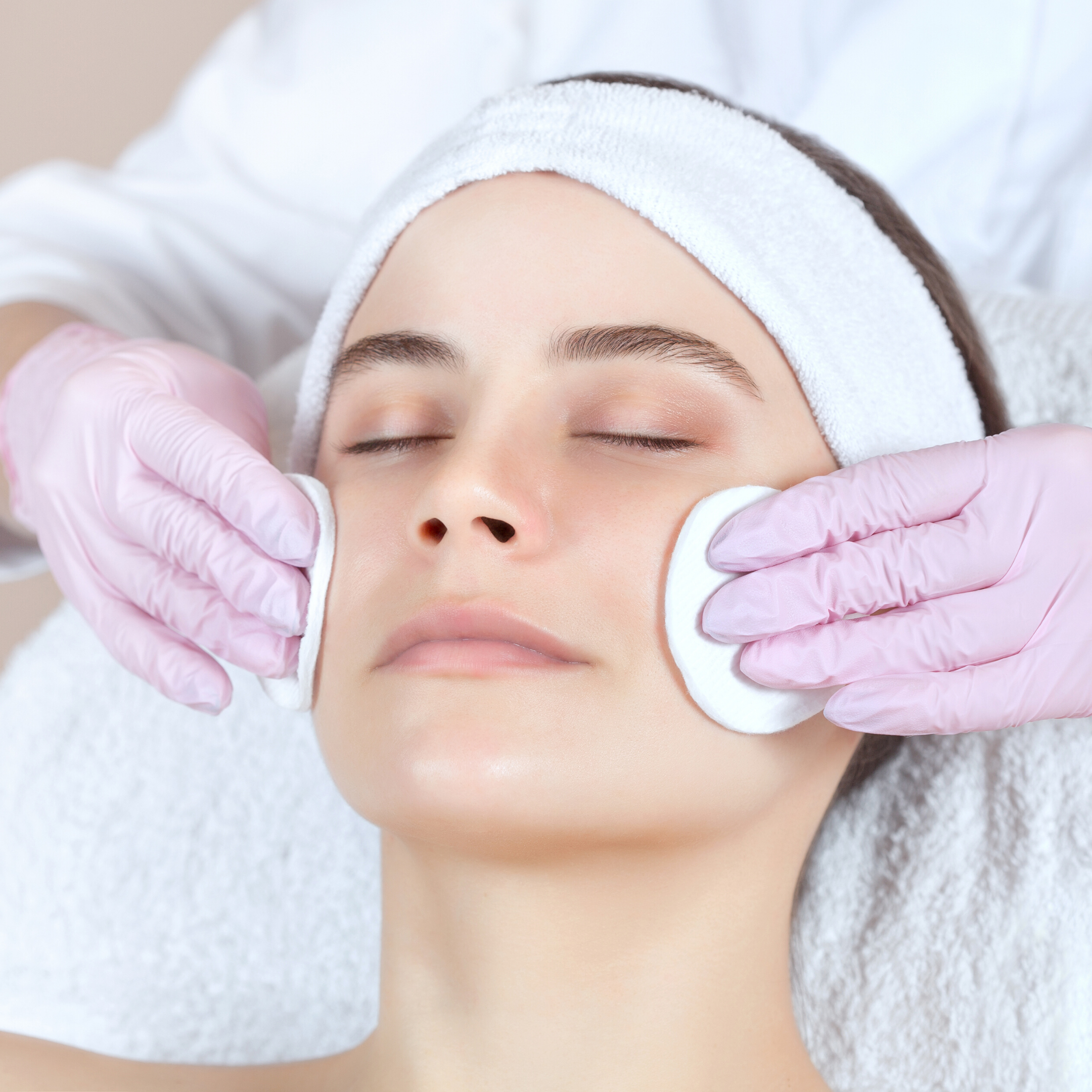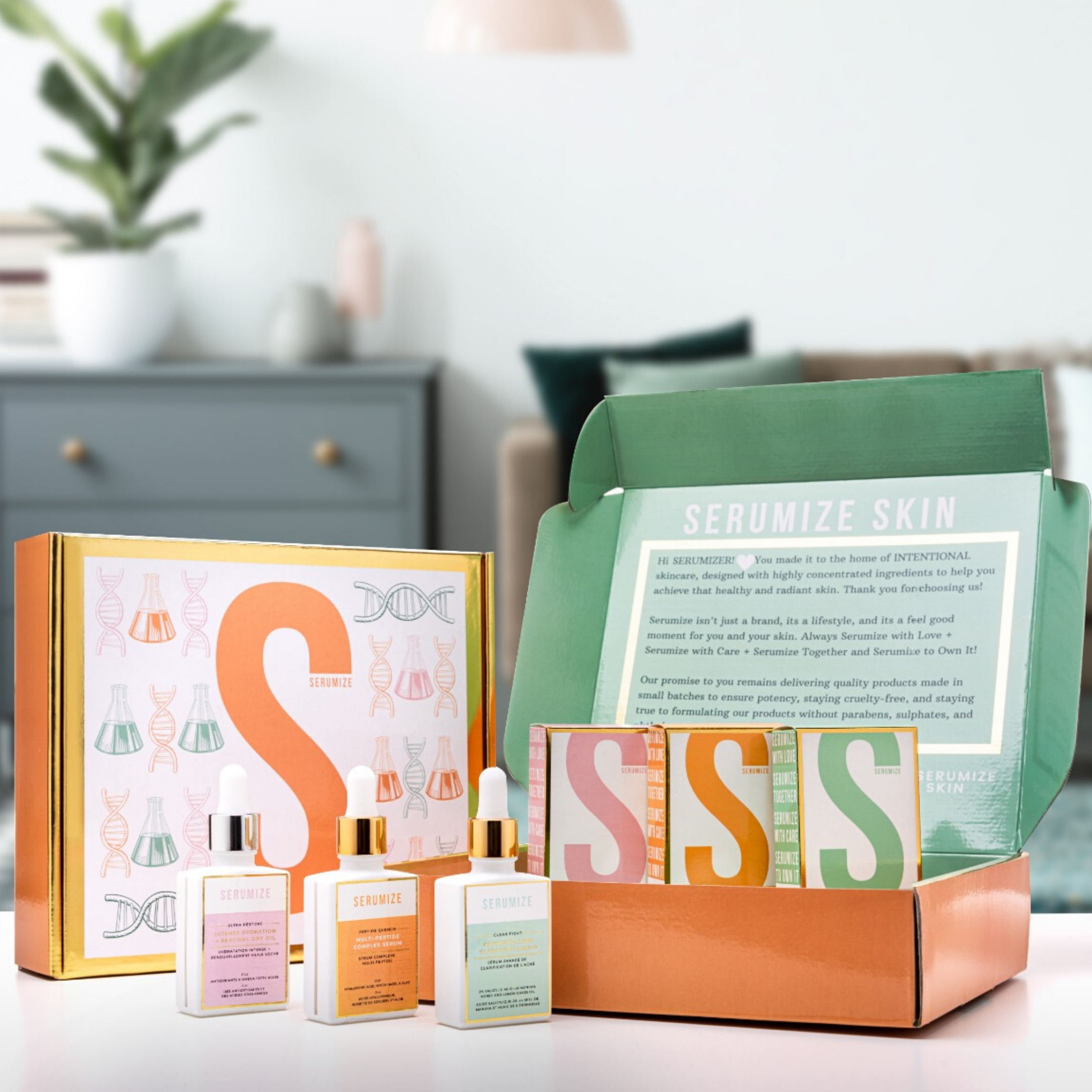What are the Benefits of Using a Facial Oil?
In modern times, face oils have a bad reputation, despite being an age-old beauty secret. They get accused of being the cause of acne, clogging pores and increasing oil production. While this may be true for some types of oils. There are types of oil that are perfect for your facial application. Face oils nourish all skin types-including oily ones and provide anti-ageing and anti-inflammatory benefits. Keep reading to know what face oils are best for you.
How to Choose the Right Facial Oil for Your Skin Type
A facial oil should be lightweight and non-greasy. Greasy oils are comedogenic and can be irritating to the skin. Here are some lightweight oils that do wonders for your skin
- Argan Oil
- Chia seed oil
- Sea buckthorn oil
- Sunflower seed oil
- Evening primrose oil
- Rosehip oil
- Grape seed oil
- Rice bran oil
There are so many different oils on the market that it can be hard to know which one is best for your needs. We recommend getting a lightweight blend of oils like our Ultra Restore Dry Oil. This supercharged product contains rice bran oil, sunflower seed oil, argan oil, rosehip oil and sea buckthorn fruit oil. These oils help support your barrier by nourishing the skin, improving the complexion, and soothing the skin.
How Often Should I Use a Facial Oil?
There is no set rule for how often you should apply facial oil, but it is safe to use a face oil daily. The most important thing to note is to make sure that the oil is lightweight and non-comedogenic (meaning that it doesn't clog pores).
Do I Need to Use a Moisturizer After Using an Oil on My Face?
Moisturizers and oils are not mutually exclusive. They can work together to achieve great results. Apply your face oil right after your moisturizer in the morning and as the last step at night.



